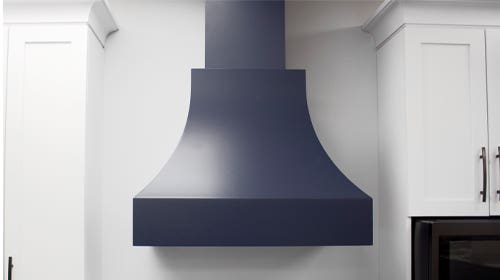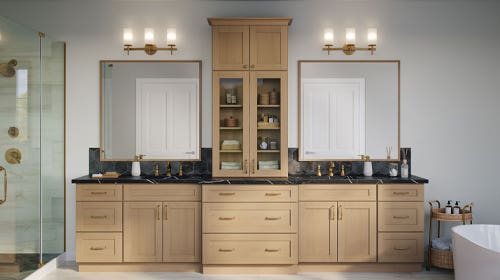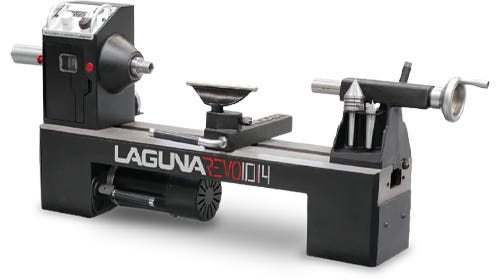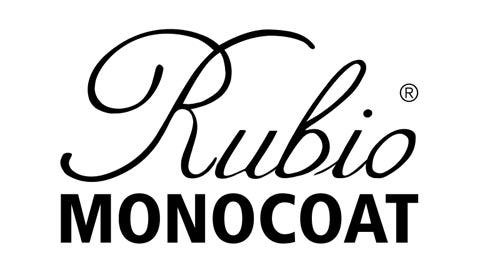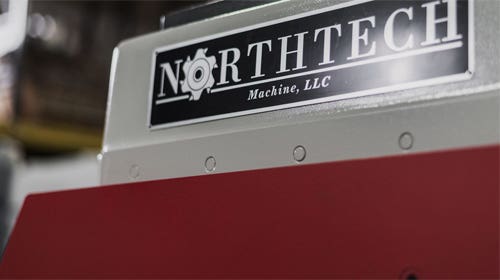Non-profit helps shops add skills
The Regional Wood Products Consortium is busy these days helping woodworking companies in the Northeast boost production and efficiency by conducting workshops on lean manufacturing and mass customization skills. Based…
The Regional Wood Products Consortium is busy these days helping woodworking companies in the Northeast boost production and efficiency by conducting workshops on lean manufacturing and mass customization skills.
Based in Concord, N.H., the consortium is a joint effort between Sustainable Forest Futures and the wood products manufacturing industry in a four-state region encompassing Maine, New Hampshire, Vermont and northern New York. Since it started hosting workshops in 2010, the organization has brought in more than 20 experts to discuss marketing, technology, production and environmental topics.
“This model could impact the national woodworking industry,” says Collin Miller, the group’s director of wood products initiatives. “Our group doesn’t have the aspirations to bring this to a national level because we’re a regional non-profit focused particularly on New England and upstate New York. But some of the presenters we’ve brought in for our workshops say this platform is amazing.”
A success story is Classic Designs by Matthew Burak, a component supplier in St. Johnsbury, Vt., that has learned and implemented the processes of shorting lead times, reducing inventory and bringing products to market faster.
Rick Rose, director of sales for Classic Designs, says that since the company became involved with the consortium’s programs, it has grown sales and added new jobs, and has added some key pieces of equipment such as CNC lathes.
“The workshops they provided gave us the idea that we needed to change our model to a more mass-customization-friendly model. By attending the workshops, we realized we needed a system that would allow us to develop things more quickly, with more design options for the customers,” says Rose.
“This led to us to invest in technology so we could make digital models that would show us what everything looks like in a 3-D rendering. In the past, we’d make a physical product and decide whether or not to do it all over again. By doing this, we took a three-month product development process and moved it to three weeks.”
“They’re growing sales and adding new jobs and exemplify the kinds of things that are possible if you invest time and some cash in strategic areas of a woodworking business,” says Miller.
Contact: Regional Wood Products Consortium, 18 N. Main St., Suite 204, Concord, NH 03301. Tel: 603-229-0679. www.foresteconomy.org
This article originally appeared in the March 2012 issue.


